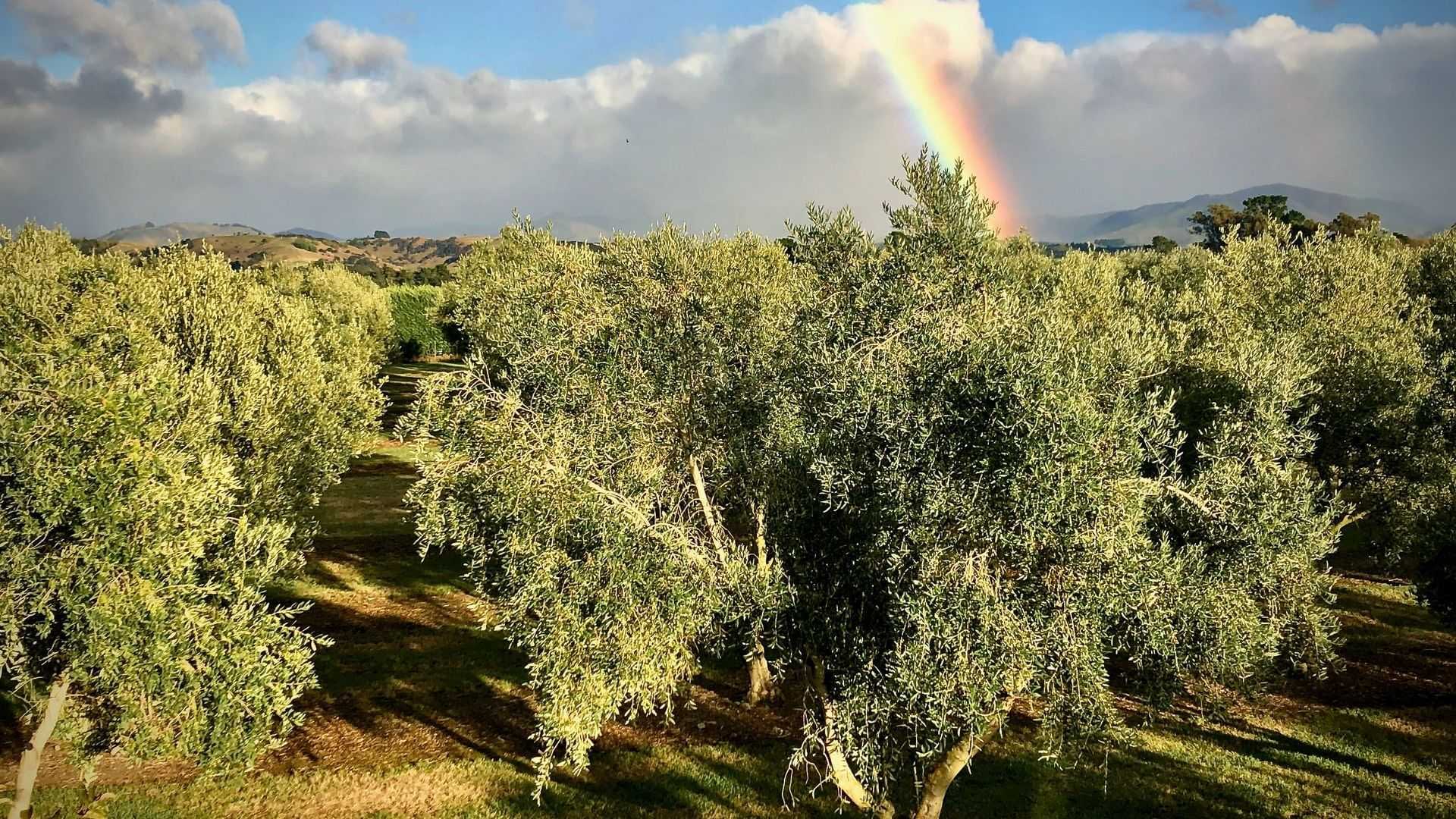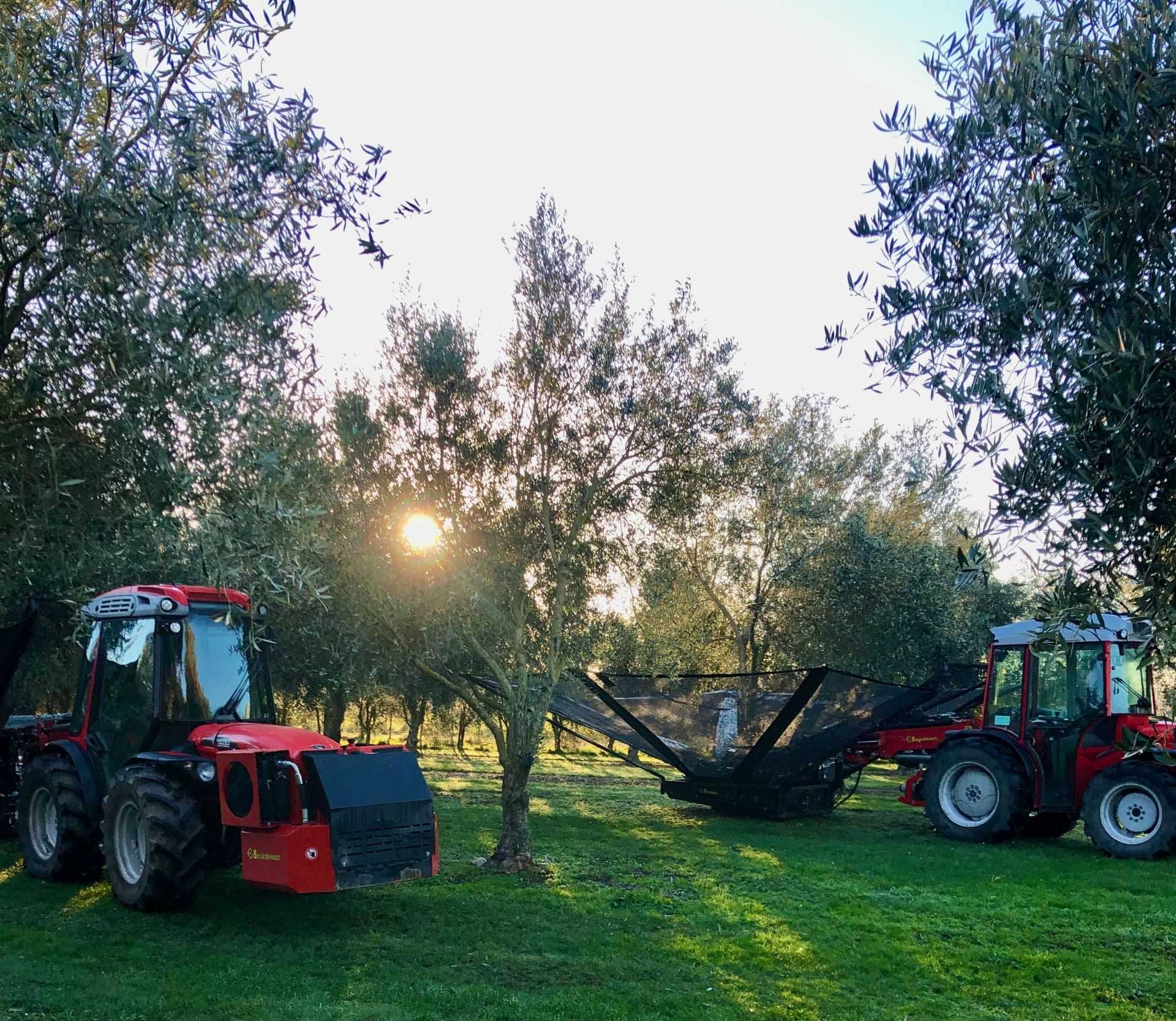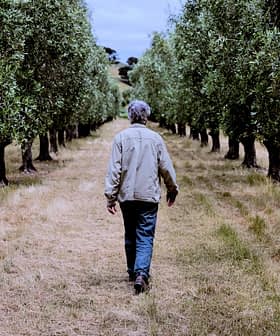Olive oil producers in New Zealand are expecting a bumper harvest.
Farmers harvested 2,000 tons of olives this year, significantly more than the 1,500 tons harvested in 2020, according to Gayle Sheridan, the executive officer of Olives New Zealand.
Regarding the quality of the oils produced, Sheridan said the average polyphenols were 276 milligrams per kilogram of oil, with a range of 111 to 342, and organoleptic results showed very fruity oils.
Last year we had a very light yield with excellent intense oils after the drought, but 2021 has seen trees laden with fruit.
She also reported that Covid-19 restrictions did not impact growers this year.
See Also:2021 Harvest Updates“However, one major olive processor would typically have brought over a master miller to lead their production, and this was not possible,” Sheridan said. “Similarly, Olives New Zealand was not able to bring out an international olive oil processing expert to lead a processing practices seminar.”
Sheridan said other challenges growers faced this year included “the usual issues of birds, the threat of frost and availability of commercial harvesters.”

Loopline Olives
Andrew Liley, who co-owns Juno Olives in the Wairarapa region with his wife, Helen, told Olive Oil Times this year’s harvest “has been a good one.”
“Koroneiki and Picual didn’t do as well this year, but all other varieties were significantly up on last year,” Liley said. “One of our varieties, Moraiolo, had never fruited in 20 years, so it was a real bonus to have a good harvest from these trees, enough to produce a single-variety extra virgin olive oil.”
“As far as I am aware, no one else in New Zealand has ever produced this,” he added.
Liley said the team at Juno was “fortunate enough to not be impacted by Covid-19 at all.”
Meanwhile, Lisa Buchan, who co-owns Waikawa Olives on the Kapiti Coast of the North Island with her partner, Glen Wigley, said they are expecting less than half of last year’s volume of olive oil because of fruit set issues.

From left: Abbey Wigley, Pete Wigley, Dianne Buchan, Lisa Buchan, Glenn Wigley and Roy Buchanan
“We had a very poor fruit set this year,” she told Olive Oil Times. “There were lots of flowers, but we think the weather was too cold and wet.”
Buchan said they were waiting for sampling and test results, but early indications were that the oil will be of good quality.
She said that, unlike last year, when there were higher costs for pressing due to lockdown restrictions, the team at Waikawa Glen was not impacted by pandemic-related challenges this time around.
Another producer from the North Island, Loopline Olives owner Stephen Davies Howard, described his farm’s harvest results this year as “excellent.”

Loopline Olives
“Last year we had a very light yield with excellent intense oils after the drought, but 2021 has seen trees laden with fruit,” Davies Howard said.
He added that Loopline Olives delayed the harvest as long as possible “juggling the threat of frost against yield and ‘hipness’ of the fruit, and it paid off.”
“We got no frost damage thanks to our little microclimate here, and we averaged a 15-percent yield,” Davies Howard said. “The oils are not as intense as last year, but beautifully balanced with lots of complexity. The pepperiness is very much there but after a lovely anticipatory delay. It is exciting customers’ palates.”
Davies Howard said Covid-19 had “no discernible impact” on the team at Loopline Olives this year.
“We proved last year that we could make award-winning extra virgin olive oil without external help, winning two Gold Awards at the NYIOOC,” he concluded. “We took that confidence into 2021, and with New Zealand’s strict irradiation policies life is pretty much as normal as long as you accept that you can’t travel.”

